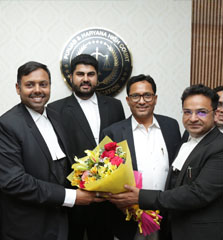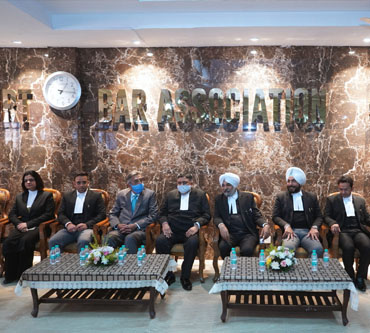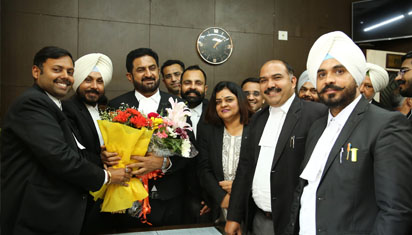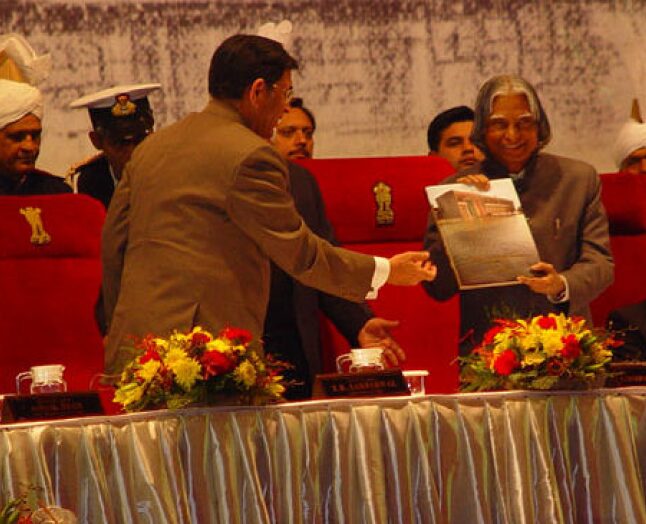Punjab & Haryana High Court Bar Association
ABOUT PHHCBA
Who We Are
ABOUT PHHCBA
25 Years Of Experience In Law Solutiuons
Located on the north of India, 365 meters above the sea-level, on the foot-hills of Shivalik range, is the city beautiful,’Chandigarh’. It is the capital of two States of the Indian Union, namely, the Punjab and Haryana.Though it is the capital of two states, it belongs to none of them and is a Union Territory Before the partition of India, on August 15, 1947, the areas which are now parts of the Punjab, Haryana, Delhi, some parts of Himachal Pradesh and some areas falling in West Pakistan, formed the Punjab. Lahore was its capital.
Open Hand- the official emblem of Chandigarh-stands in metal beside the High Court. It signifies that the city is "Open to give; Open to receive"




Historical Background
After the partition of India, the Constitution of India was framed. However, before the partition, there was the Government of India Act, 1915. By virtue of the powers conferred by Section 113 of the Government of India Act,1915, the Crown by Letters Patent dated March 20, 1919 had established at Lahore, the High Court of judicature for the provinces of Punjab and Delhi to be called ‘the High Court of judicature at Lahore’. The High Court of judicature at Lahore was a court of record.
After the partition of India, the Constitution of India was framed. However, before the partition, there was the Government of India Act, 1915.
High Court of Punjab and Haryana created
A new chapter opened in the history of the High Court in the year 1966. The States Re-organisation Act, 1966, brought another State named Haryana and the Union Territory of Chandigarh into existence from November 1st, 1966. From the date of enforcement of the said Re-organisation Act, the High Court of Punjab was renamed as ‘the High Court of Punjab and Haryana’.
The Judges of the High Court of Punjab became Judges of the common High Court with all the powers and jurisdiction of the High Court of Punjab. However, the principal seat of the High Court remained at Chandigarh.
The Judges of the High Court of Punjab became Judges of the common High Court with all the powers and jurisdiction of the High Court of Punjab. However, the principal seat of the High Court remained at Chandigarh.


